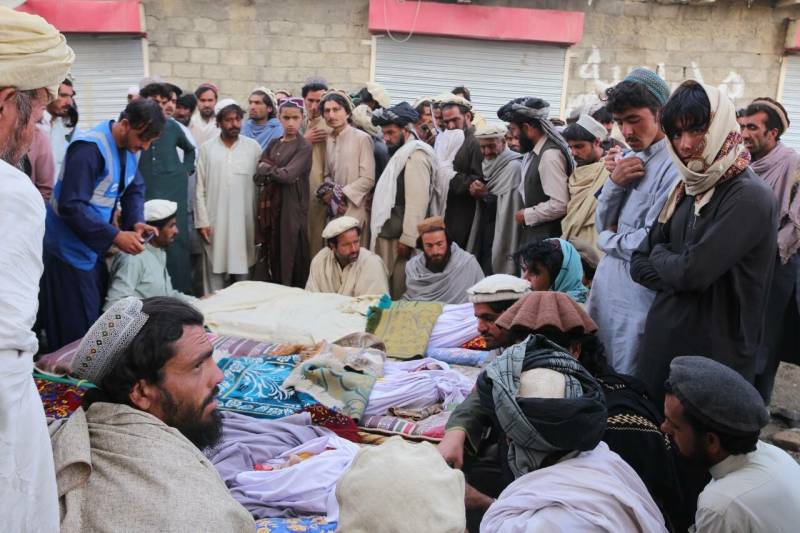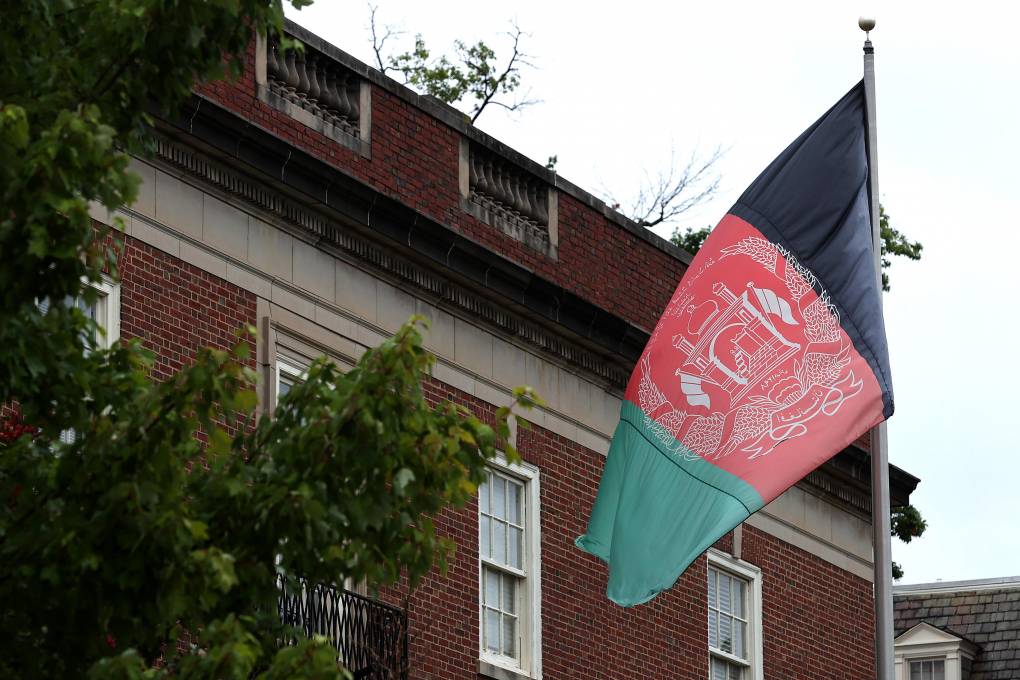Wahab fears the emergency response will be slow unless the U.S. decides to set aside its hostility toward the Taliban and help with relief.
“The United States must stand on the right side of history,” said Wahab. “It’s important to step up when a natural disaster takes place, and there are millions of people currently already starving.… This is a test of everybody’s diplomacy and making sure that we are prioritizing human life over politics.”
In a statement Wednesday, U.S. Secretary of State Antony Blinken said “U.S. humanitarian partners,” were sending medical teams and other assistance. The United States suspended diplomatic relations with Afghanistan last August but has continued to channel humanitarian aid through non-governmental and international organizations.
How to Help:
Here are some organizations with a track record of working in Afghanistan, and what they say they’re doing to respond to the earthquake.
Aseel is assembling tents and packages of food and emergency supplies to distribute in the earthquake zone.
Doctors Without Borders runs a large maternity hospital in Khost province, and is coordinating with authorities and other groups on earthquake response.
International Rescue Committee has deployed mobile health teams and is working with authorities to distribute support, including cash assistance.
Red Cross is supporting the Afghan Red Crescent, which has branches in every province, including Khost and Paktika, and is sending ambulances and truckloads of food and relief supplies to the affected areas.
UNICEF has dispatched health and nutrition teams to the affected provinces and is distributing tents, blankets and hygiene supplies.
WISE Afghanistan is an Afghan-led women’s empowerment organization that has health brigades in all five regions of Afghanistan.



